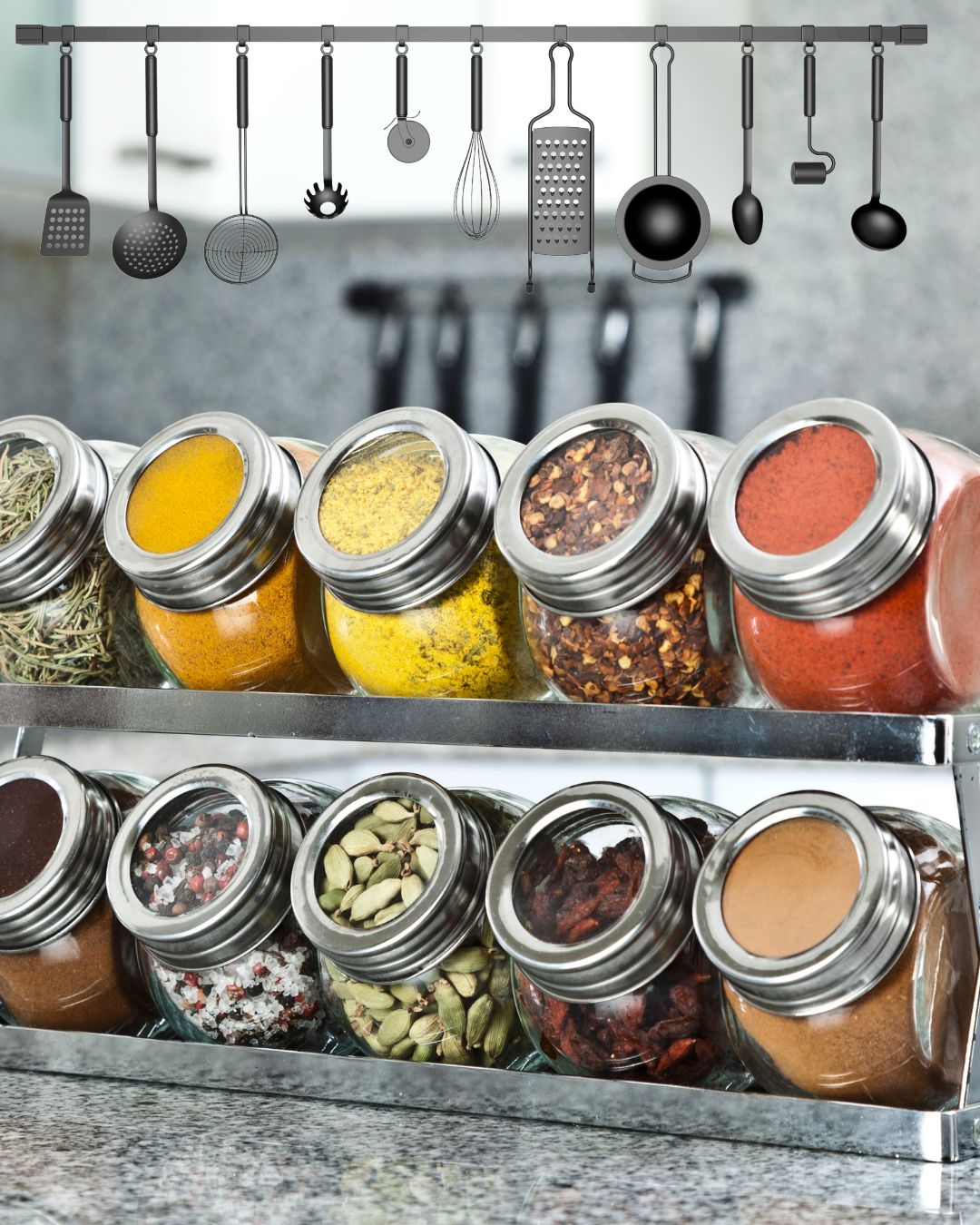
The Fascinating World of Spices
Spices have played a significant role throughout human history, not only adding flavour to our meals but also influencing trade, exploration, and even wars. Here are some captivating facts about these aromatic wonders:
Ancient Beginnings
- Origins: The use of spices dates back to ancient Egypt, where they were used in embalming and as offerings to the gods. Spices like cinnamon and cassia were highly prized and imported from distant lands.
- Cultural Significance: In ancient Rome, spices were symbols of wealth and luxury. Pepper was so valuable that it was even used as currency.
The Spice Trade
- The Silk Road: Spices were a crucial component of the Silk Road trade routes, connecting the East and West. This trade network facilitated cultural exchanges and the spread of culinary traditions.
- Age of Exploration: The quest for spices fuelled the Age of Exploration. European explorers, such as Vasco da Gama and Christopher Columbus, embarked on voyages to discover new routes to the Spice Islands, now part of Indonesia.
Culinary and Medicinal Uses
- Flavour Enhancement: Spices like black pepper, turmeric, and cumin are staples in many cuisines worldwide, bringing depth and complexity to dishes.
- Healing Properties: Many spices possess medicinal benefits. For example, ginger aids digestion, while turmeric is known for its anti-inflammatory properties.
Preservation and Storage
- Preserving Food: Before refrigeration, spices were used to preserve food. Their antimicrobial properties helped keep food safe for longer periods.
- Storage Tips: To maintain their potency, spices should be stored in a cool, dark place. Whole spices last longer than ground ones.
Modern Day Influence
- Global Cuisine: Today, spices are available worldwide, allowing for a fusion of flavours and the sharing of culinary traditions across cultures.
- Innovation in Cooking: Chefs and home cooks alike experiment with spices to create innovative dishes, blending traditional flavours with modern techniques.
Spices continue to be a vital part of our culinary and cultural landscapes, enriching our lives with their diverse flavours and histories. Whether used for savoury dishes, sweet treats, or medicinal remedies, these aromatic wonders are truly timeless treasures. Their versatility allows them to be seamlessly integrated into various aspects of our daily lives, transforming ordinary meals into extraordinary experiences. The vibrant colours, enchanting aromas, and bold flavours of spices have the power to evoke memories, tell stories, and connect people across generations and geographies.
In the modern kitchen, spices inspire creativity and innovation, encouraging cooks to explore new flavour profiles and push the boundaries of traditional cooking. From the smoky warmth of paprika to the exotic allure of saffron, each spice offers a unique characteristic that can elevate the simplest ingredients into a masterpiece.
Moreover, the cultural significance of spices continues to thrive, as they are often at the heart of celebrations and traditions around the world. Whether it's the comforting scent of cinnamon during the holiday season or the fiery kick of chili in a summer barbecue, spices bring a sense of unity and joy to any gathering.
As we embrace the global pantry that is now at our fingertips, the endless possibilities that spices offer ensure they remain an integral part of our culinary journey, a testament to their enduring appeal and timelessness.
